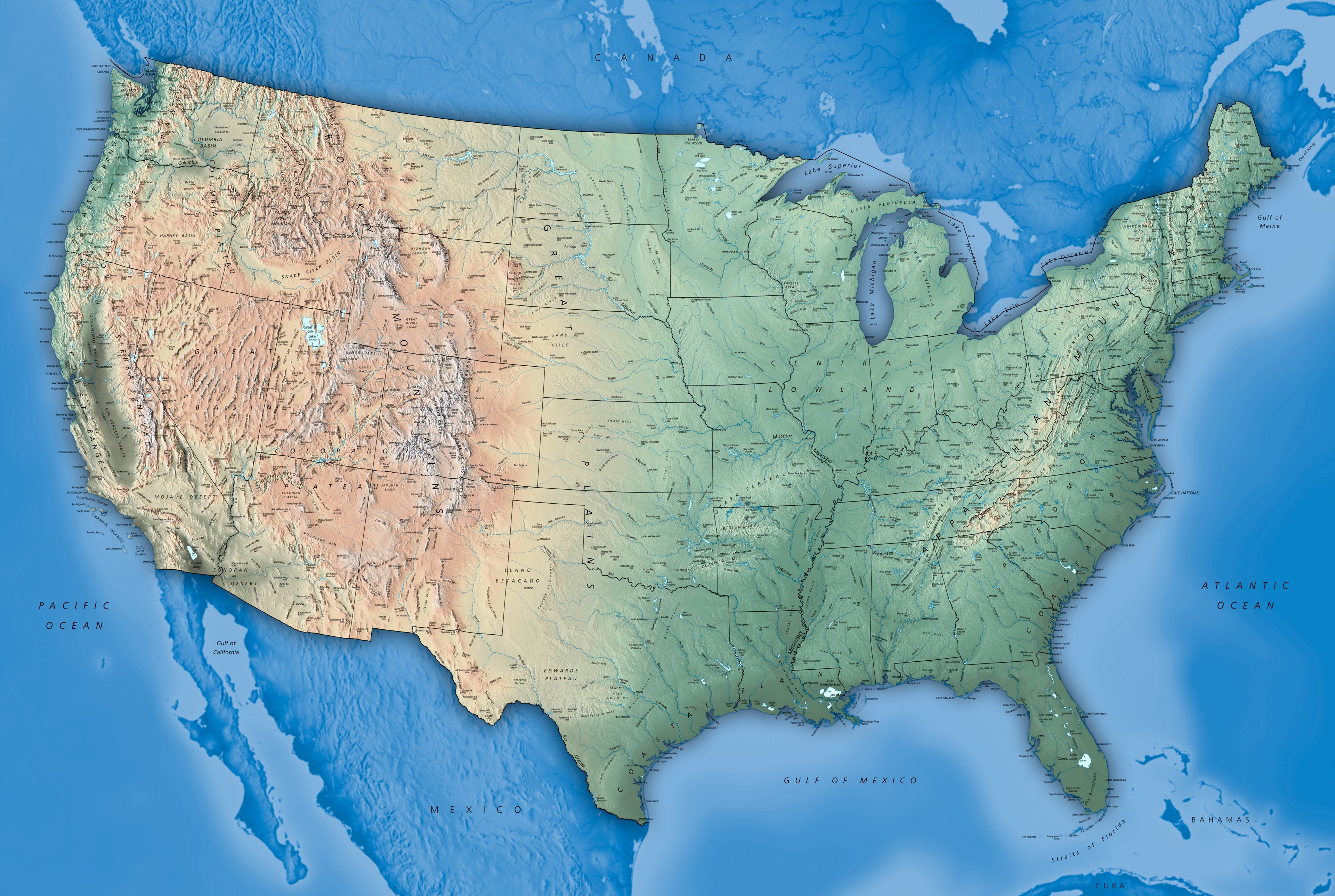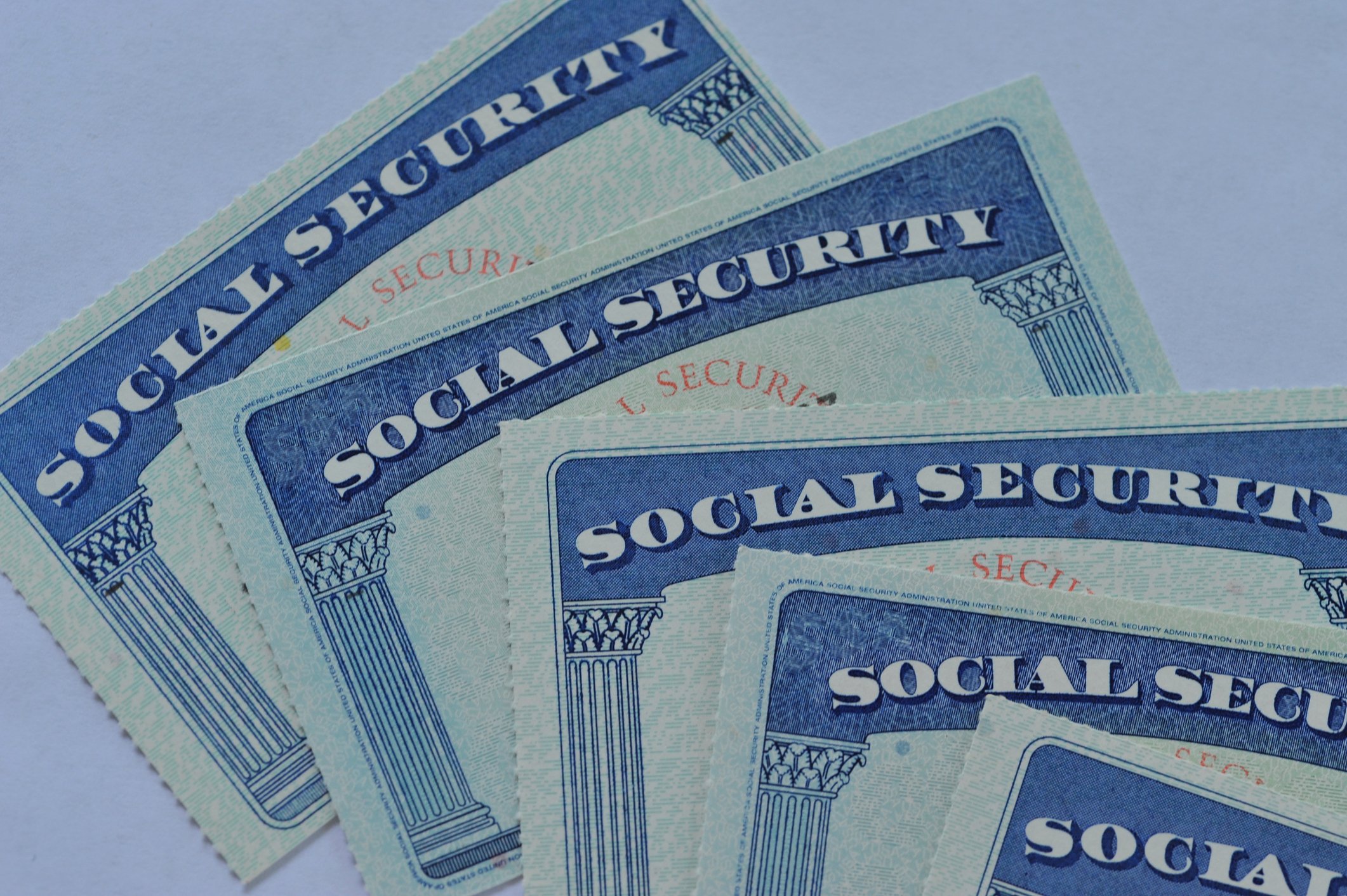Many seniors have seen their retirement account balances fall this year thanks to COVID-19 and not everyone has fully recovered from major investment losses during March's big market crash. Social Security benefits that retirees depend on are also losing buying power, and since a resurgence in COVID-19 cases could mean there's no cost-of-living increase next year, that negative trend may accelerate.
This is a lot of bad news, and there's more to come: The average senior may be left out of a second stimulus check.
While this isn't what you want to hear, the good news is that there are steps you can take to build a more secure retirement even during these troubled economic times -- but you'll need to be prepared for the fact that Uncle Sam may not provide the help you're hoping for.

Image source: Getty Images.
Why the average retiree may be left out of the next stimulus check
While the Coronavirus Aid, Relief, and Economic Security (CARES) Act provided a full $1,200 payment to single tax filers with incomes under $75,000 and a full $2,400 payment to married joint filers with incomes under $150,000 (as well as an additional $500 per qualifying dependent), evidence suggests Republicans may push to set a lower income limit of just $40,000 if there is a second stimulus check issued.
Senate Majority Leader Mitch McConnell (R-Kentucky), a key figure in the negotiations on the second stimulus bill, suggested those with incomes under $40,000 were the hardest hit by the coronavirus crisis. And, in fact, Federal Reserve Chairman Jerome Powell did indicate that as many as 40% of Americans with incomes under this threshold who'd been working in February found themselves out of a job in March. The White House economic reporter for the Washington Post also reported on Twitter that consensus within the GOP is moving in the direction of limiting payments to those earning $40,000 or less.
Sadly, that's a problem for retirees, as the median household income for seniors 65 and over is $44,992. If the maximum income to receive the second payment is set almost $5,000 below this average, millions of seniors across America will be left out of the next COVID-19 stimulus payment entirely -- or may get much smaller checks if there's a phase-out of eligibility, as there was under the CARES Act.
This isn't the only proposal that would leave out most older Americans, either. President Trump's preferred stimulus plan -- a payroll tax cut -- would also leave most retirees in the lurch, as would the back-to-work bonus put forth by another leading Republican.
With an increasing number of stimulus check proposals leaving out retirees, seniors should start seriously considering what they'll do if they don't get any more coronavirus relief money.
How to build a more secure retirement without more stimulus money
Since seniors can't count on getting more stimulus funds despite the serious economic consequences COVID-19 could cause them to experience, there are a few key steps retirees need to take now to make sure coronavirus doesn't have a long-term negative effect on their retirement security.
First and foremost, retirees who have lost money in the market need to reevaluate whether they've chosen a safe withdrawal rate from investment accounts. And because there's a very real risk of another market crash, retirees need to review their asset allocation to make sure they have some liquid cash available and aren't over-invested in potentially volatile equities.
For those who were already at risk of running out of money in retirement whose situation has been made worse by COVID-19, more drastic measures such as relocating to a lower cost-of-living area may be needed. If you're at risk of your savings running short, taking action to cut spending sooner rather than later is always best -- especially if you don't get a second stimulus check that you can use to pad your emergency fund or grow your investment balance during these turbulent times.





